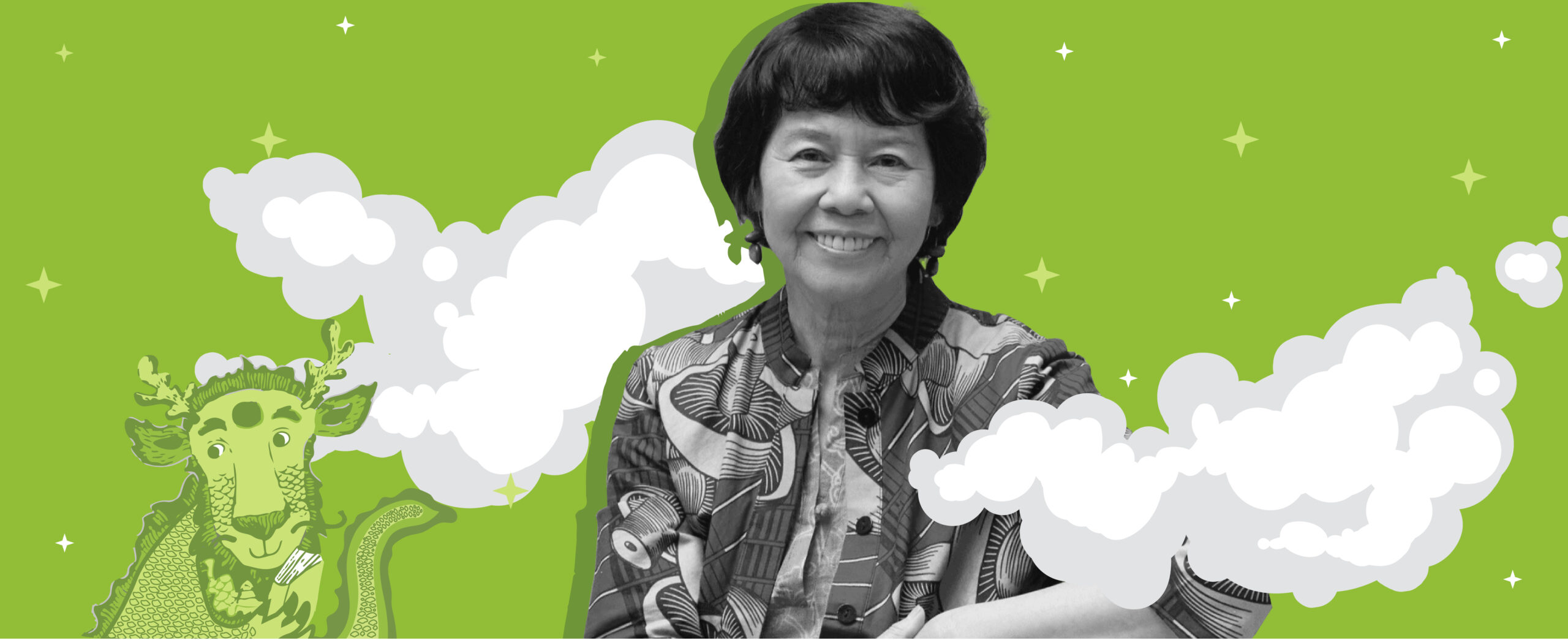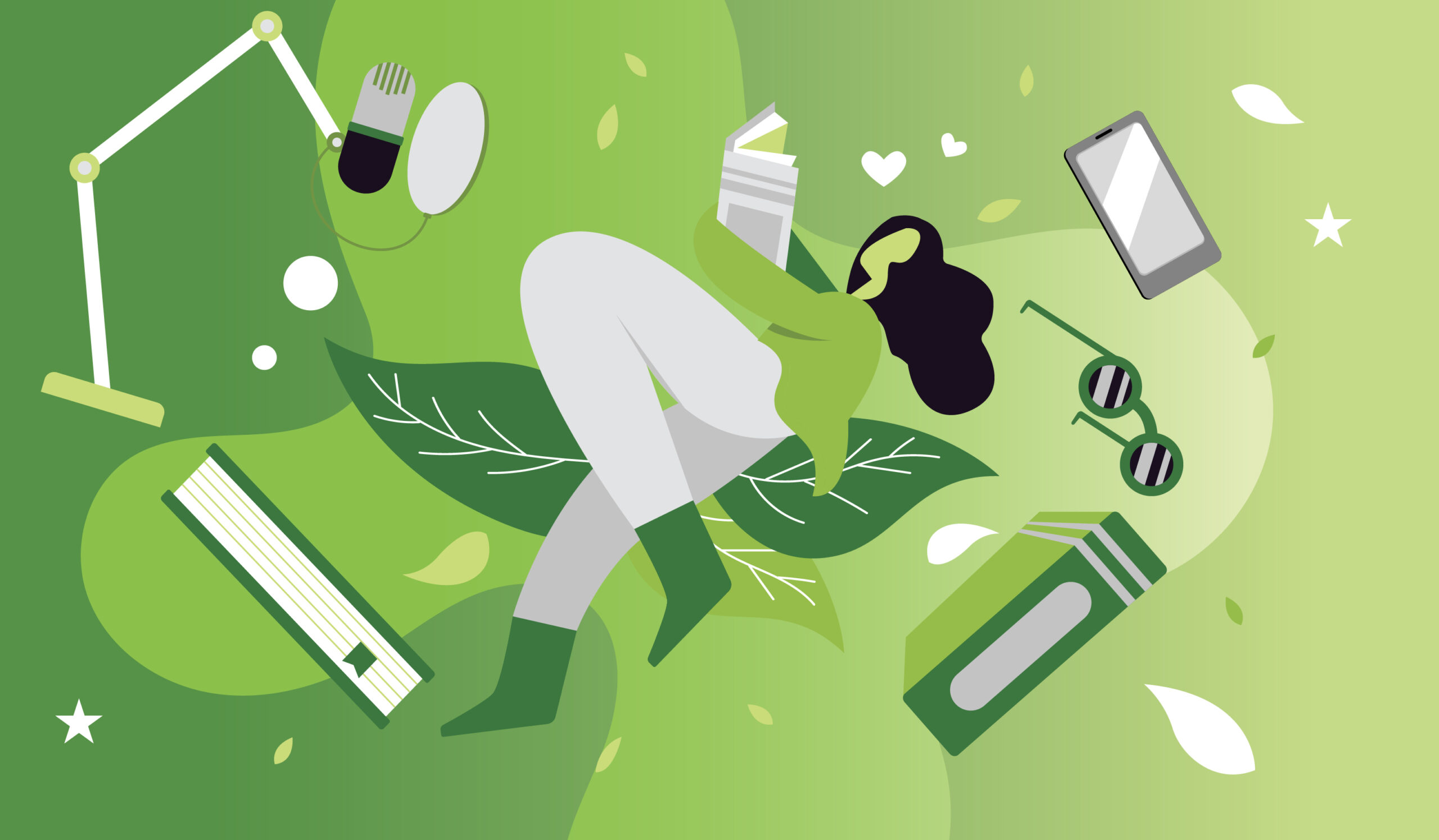
‘I’ll have what he’s having …’
Dr James Rouse is chasing joy
When you meet someone who is clearly ten sets ahead in the game of life, it’s a very special day. It’s even more remarkable when that person’s presence is powerful enough to override WiFi snafus and inevitable interruptions during that oh-so ‘now’ experience of Zooming from the other side of the planet.
Dr James Rouse is that person. From his home in Colorado, the instant this age-defying 57-year-old appears on screen, it’s immediately apparent that he knows something I don’t. And whatever it is that fuels that infectious smile and has his eyes sparkling with sincere delight, I’d like to get myself a nice, big serve of it.
On his website, James’ motto is writ large: ‘disrupt mediocrity, change your life.’ Judging by his CV, mediocrity doesn’t stand a chance in the Rouse household. James describes himself as a naturopathic doctor, entrepreneur, athlete, husband, and father, although not necessarily in that order, as I soon find out when I admire a striking painting hanging on the wall behind him.
‘It’s so whimsical, right? It’s by our eldest daughter, Dakota,’ he gushes with paternal pride. ‘She’s a phenomenal artist. But she’s away in Chicago and debating whether to be a psychologist or a lawyer. We’ve got her paintings all over the house, so it’s like we have a little piece of her here with us. It’s been such a blessing.’
Back to his secret to life. It is not, James assures me, overly complicated. It all comes down to one thing. ‘Chasing joy.’
‘I encourage you to look around your life, and to identify what brings you joy,’ he explains. ‘Perhaps it’s walking in the woods, or meditation. Maybe it’s prayer, or making love. But the idea is to find things you can do every single day. You don’t just do them every now and then, because why would you want to delay your joy?’
Joy to the world
In musical form, Bobby McFerrin gave us what he thought was the path to a good life: ‘Don’t worry, be happy.’ But, like James Rouse, wise women and men throughout the ages would much rather we strive for joy.
The distinction between ‘happiness’ and ‘joy’ is an important one. Happiness comes from external, and usually arbitrary, factors – a beautiful sunset, a larger than expected slice of cake, a kiss from someone you love. And happiness is also transitory. The sun will disappear over the horizon, the slice of cake will only last as long as your self-control, and a kiss that lasts forever is, well, a little bonkers.
But joy is more constant, and relies on things within our control. It’s generated from within, and gives us a sense of meaning that comes from the instinctive knowledge that we have a grander purpose on the planet. It comes when you find peace with who you are, and understand why you are.
Archbishop Desmond Tutu certainly agrees. ‘Joy subsumes happiness,’ he wrote. ‘Joy is the far greater thing.’
As psychologist Robert A. Emmons puts it, cultivating joy teaches us ‘not just to look but to see, not just to hear but to listen, and not just to feel but to be affected.’
Together, the Dalai Lama and Archbishop Tutu recently published a book of reflections, The Book of Joy. In its introduction, titled ‘The Invitation to Joy,’ they wrote: ‘No dark fate determines the future. We do. Each day and each moment, we are able to create and re-create our lives and the very quality of human life on our planet. This is the power we wield.’
In his younger years, James Rouse feared a dark fate awaited him. ‘I grew up with a mum and a dad who really struggled with addiction and alcoholism,’ he explains. ‘I got the chance to see two really broken human beings. And those were my earliest memories. Then, in my early twenties, I found myself in a pretty dark place. I was an alcoholic and drug addicted… it wasn’t a place where the version of me that I wanted to love could be found.’
Determined to break out of his downward spiral, James came up with a drastic plan.
‘I was such a mess,’ he says. ‘So I told myself, “You’d better do something pretty dramatic. Why not go to India? That’s the place everyone goes to become enlightened.” Then I scraped together just enough money to fly one way. I just wanted to go someplace where I was completely vulnerable, where I had nothing familiar to touch.’
If he wanted unfamiliar, James went to the right place. ‘I started doing meditation for the first time in my life,’ he laughs. ‘Here I was sitting in front of a Buddhist teacher in Dharamshala up in northern India, which is the home to His Holiness, the Dalai Lama, and I had no idea what I was doing … I mean, I grew up Catholic! I was so lost!’
But it was there that James found the kernel of what would become his life’s guiding principle. ‘The Dalai Lama said, “If you’re starting to feel like you’re going dark, just put a light out in front of you. Then, focus on that, and let everything else just be what it’s going to be. But keep your focus on the light.”
It’s all in the grey matter
When James returned to America as a practising Buddhist, he carried with him the things he had learnt in India. And back in his homeland, he was introduced to the science that reinforced the spiritual teaching he’d absorbed.
‘My graduate studies were in transpersonal psychology,’ he says. ‘I learnt about the neurochemical process that occurs when you identify something that’s bigger than you. The brain is incredibly dogmatic. It’s a tool, and you can literally craft your mind to pursue joy, pursue lightness, pursue compassion, pursue forgiveness … Whatever it is that gets you into a better space, that’s your brain’s duty.’
‘Studies show it buoys up neurogenesis, it literally changes the way our grey matter works. We literally change our mind when we welcome in the things that actually make us feel good.’
Psychologist Sonja Lyubomirsky has recently shown that predetermined things like genes are responsible for only fifty per cent of our natural inclination towards happiness. The other half, we can change. And she identified three things that are the most effective joy-boosters: what you might call the ‘glass-half-full’ principle, or looking at the world more positively, cultivating feelings of gratitude, and being kind and generous to others.
Buddhists like James believe that joy is a natural state. They also believe that the ability to experience it can be cultivated as a skill. Scientists from the University of Glasgow’s Institute of Neuroscience and Psychology have shown why it’s so important to pursue just that. They found that human beings experience just four fundamental emotions. Three of those are negative: fear, anger, and sadness. Joy is the only positive one.
That may underlie James’ observation that many people don’t believe they deserve to be joyful. ‘I think that for people in my age group – the baby-boomers – we go, “Oh, my goodness, could I really allow that kind of joy in my life? Or am I addicted to heaviness?”’
To the Dalai Lama, it’s all pretty straightforward. ‘Outward attainment will not bring real inner joyfulness,’ he writes. ‘We create most of our suffering, so it should be logical that we also have the ability to create more joy. It simply depends on the attitudes, the perspectives, and the reactions we bring to situations and to our relationships with other people.’
Putting joy out there
For over thirty years, James Rouse has been following a simple path. ‘Every morning, I decide to wake up, and to put joy out there,’ he says with a smile.
This is the principle underpinning his medical practice. ‘I’ve now taught literally thousands of my patients how to discover the things that make them come alive, and then put it out in front of them and move towards it. Then, everything and everyone around them is lifted. And, to me, that’s finding joy.’
In the way he supports his patients, James describes himself as ‘a friend who also serves as a GPS.’ He also draws from his own troubled past. ‘I’ve had a lot of patients who had different addictions – whether it be food, drugs, alcohol, sex – and because of my own experiences, I can really speak to people about their choices. Because self-oppression, on some level, is a choice we make. And we get a chance to emancipate ourselves from that oppression by doing whatever work is required. I’m a huge fan of doing the work, whatever it is.’
For James, that work begins every morning before sunrise. ‘I have a very strong spiritual practice with meditation and movement that begins at four in the morning,’ he says. ‘I haven’t missed it in over thirty years. So, as I am sitting there getting my shit together, I know I have to check my ego, to make sure that I model the things I believe I know, and not just talk about them.’
Joy as the endgame
19th century Scottish writer, Robert Louis Stevenson, had an enlightened view of joy and its relationship to human existence. Despite battling a chronic lung illness for much of his life, a condition that would end his life prematurely, he travelled the world while penning some of western literature’s best-loved novels. ‘Find out where joy resides, and give it a voice far beyond singing,’ he once wrote. ‘For to miss the joy is to miss all.’
James believes that during times of personal hardship or turmoil, the pursuit of joy is more crucial than ever. That’s when his personal practice comes to the rescue. ‘I definitely ebbed during the Trump administration,’ he says with a groan. ‘Here in the US, for the last four years, everyone’s been waking up ready for a fight and ready to prove somebody wrong. So, for me, every morning was like my pregame for the day.’
‘But that made me more determined than ever to pursue joy – to be so wonderfully enveloped with the things that make me come alive, that I have no time, no energy and no desire to judge or criticise or compare myself to anybody else.’
Dr James Rouse may believe he’s still chasing joy.
But I suspect he’s already found it.




